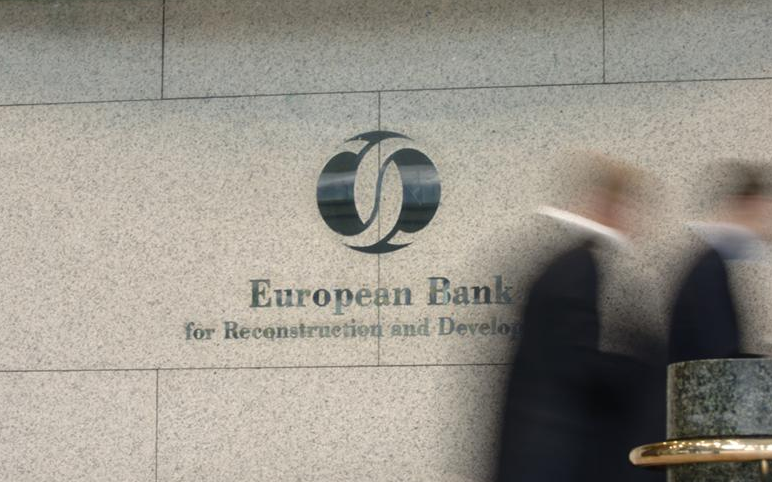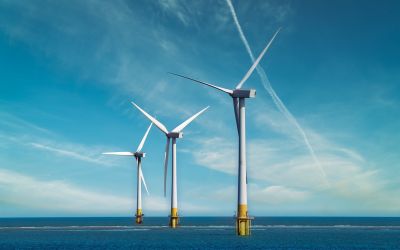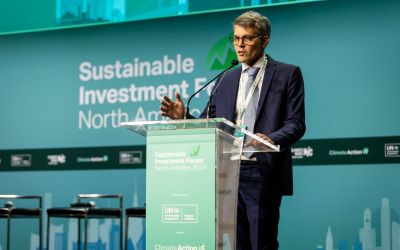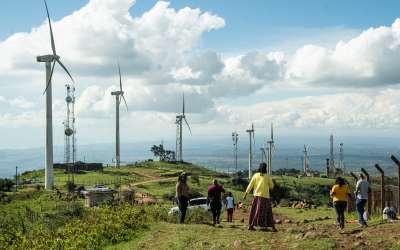EBDR supports Turkey’s $11 billion green energy plan
The European Bank for Reconstruction and Development (EBRD) has backed Turkey’s newly inaugurated National Energy Efficiency Action Plan (NEAP) which aims to reduce the country’s energy consumption by 14 percent by 2023.

The European Bank for Reconstruction and Development (EBRD) has backed Turkey’s newly inaugurated National Energy Efficiency Action Plan (NEAP) which aims to reduce the country’s energy consumption by 14 percent by 2023.
The plan sets out energy efficiency measures to set the country well on course to prepare for its increasing energy needs without augmenting its carbon emissions.
Arvid Tuerkner, EBRD Managing Director for Turkey, said: “This is a major step towards making a rapidly expanding economy also much more energy efficient”.
"The plan builds on the realisation that a sustainable, efficient and prudent generation and consumption of energy is crucial for both economic growth and a sound environment”, he added.
According to government figures, Turkey has the highest growth rate of energy demand among all OECD member countries.
Domestic energy resources currently help meet 26 percent of the country’s energy needs, while more than 90 percent of its oil and gas needs are satisfied from energy imports.
That being said, energy efficiency measures will not only reduce emissions, and so further the country’s climate policies, they are also expected to have significant economic benefits.
NEAP was developed with the help of the bank, and will manage $11 billion of funds provided by the European Union. As a result, the plan is closely following the EU’s policies on energy efficiency.
The plan combines a general energy efficiency framework along with cross-cutting sectorial measures, including the increase of renewable energy and district heating in buildings, and encouraging the use of combined heat and power technologies across industries such as transport, construction, agriculture, and industrial energy use.
At a further stage of development, the plan envisions the establishment of a national energy efficiency financing mechanism and a regulatory framework that will boost the heating and cooling market.
As far as renewable energy progress is concerned, Turkey aims for clean energy projects to amount to 30 percent of its total installed capacity by 2023.
It targets adding 34 gigawatts (GW) of hydropower, 20 GW of wind energy, 5 GW of solar energy, 1.5GW of geothermal, and 1GW of biomass.
To this end, EBRD also has also supported the development of the National Renewable Energy Action Plan (NREAP)- a programme aiming to strengthen and streamline the national regulatory framework for renewable energy.






